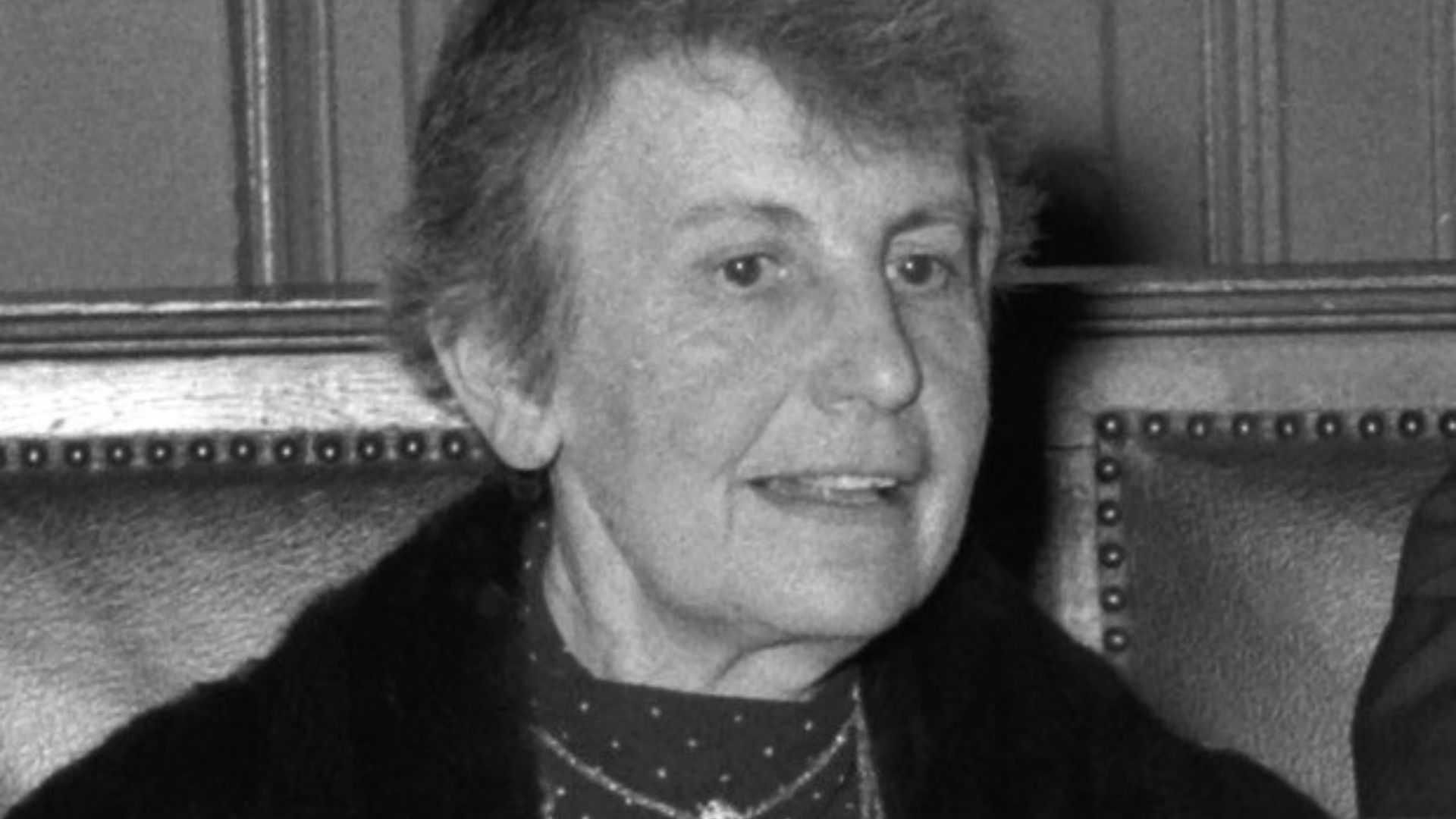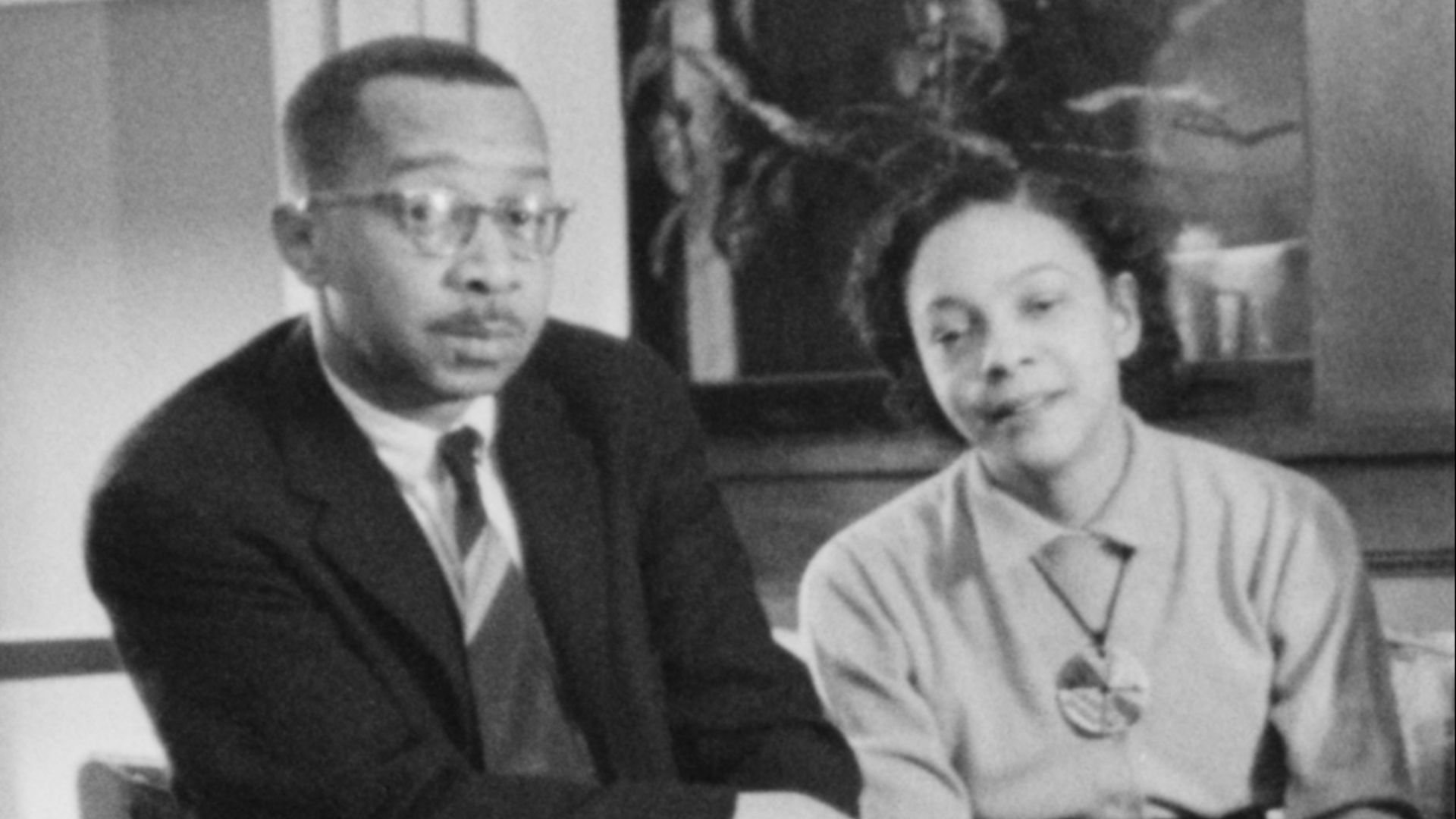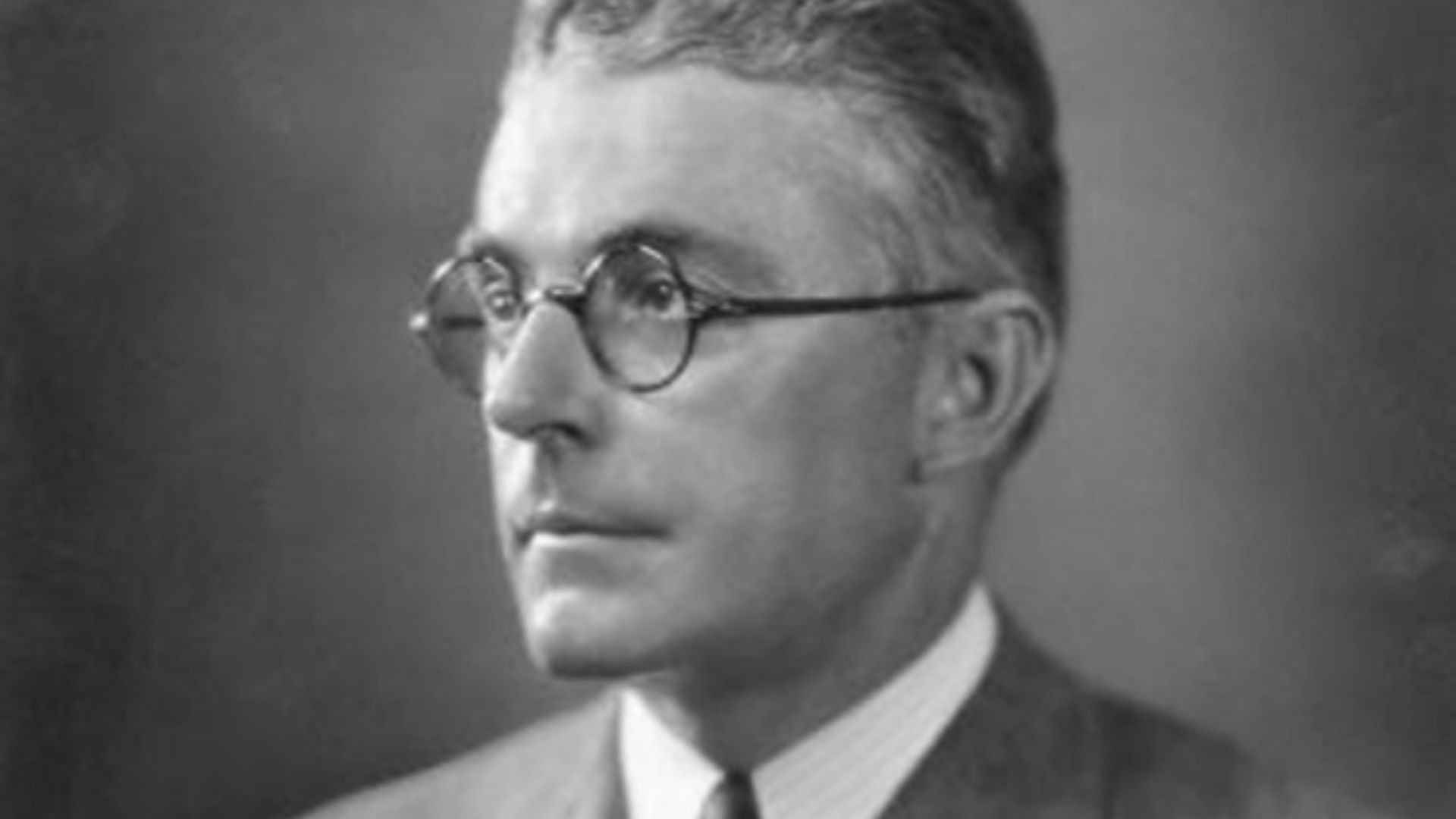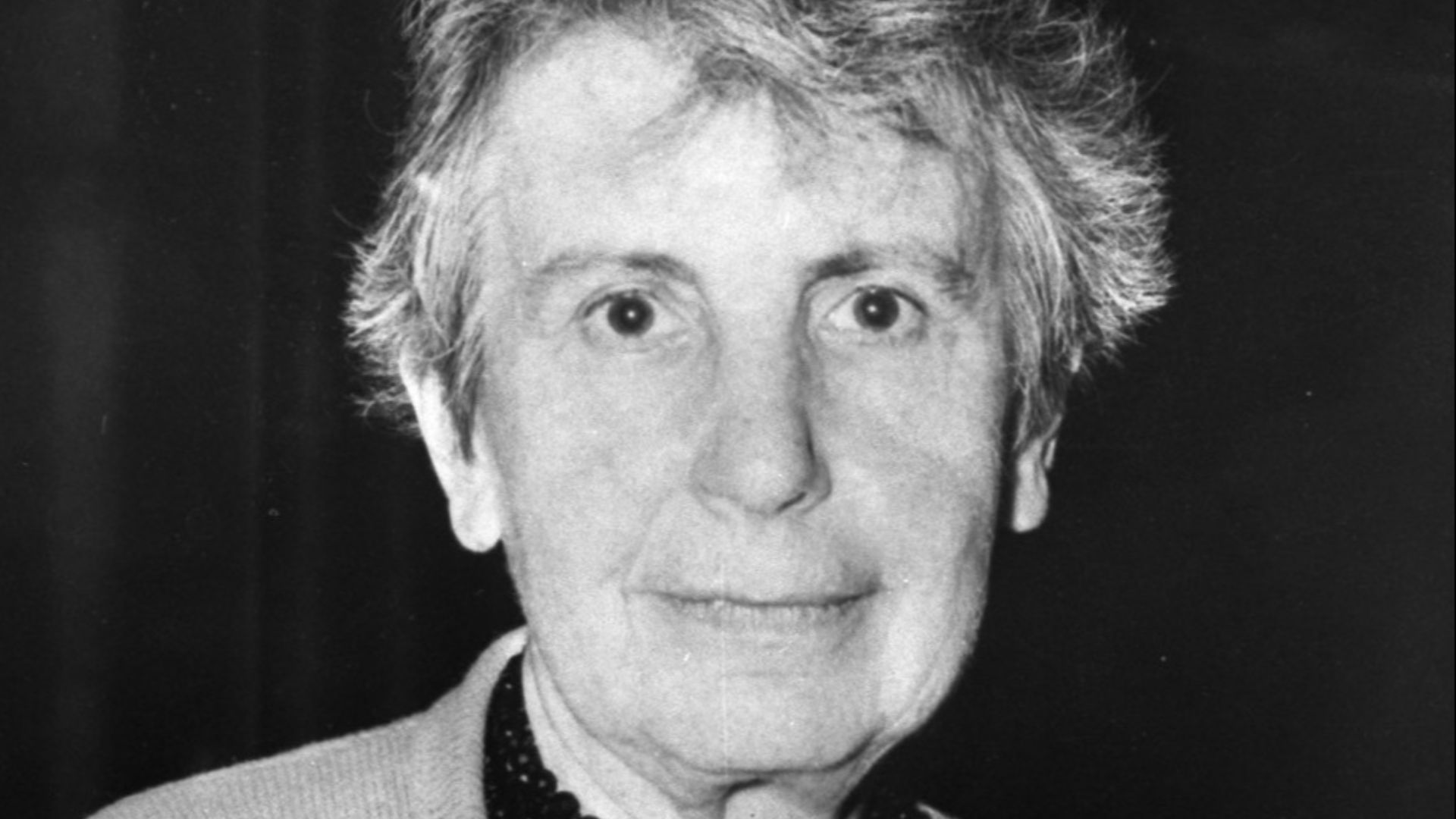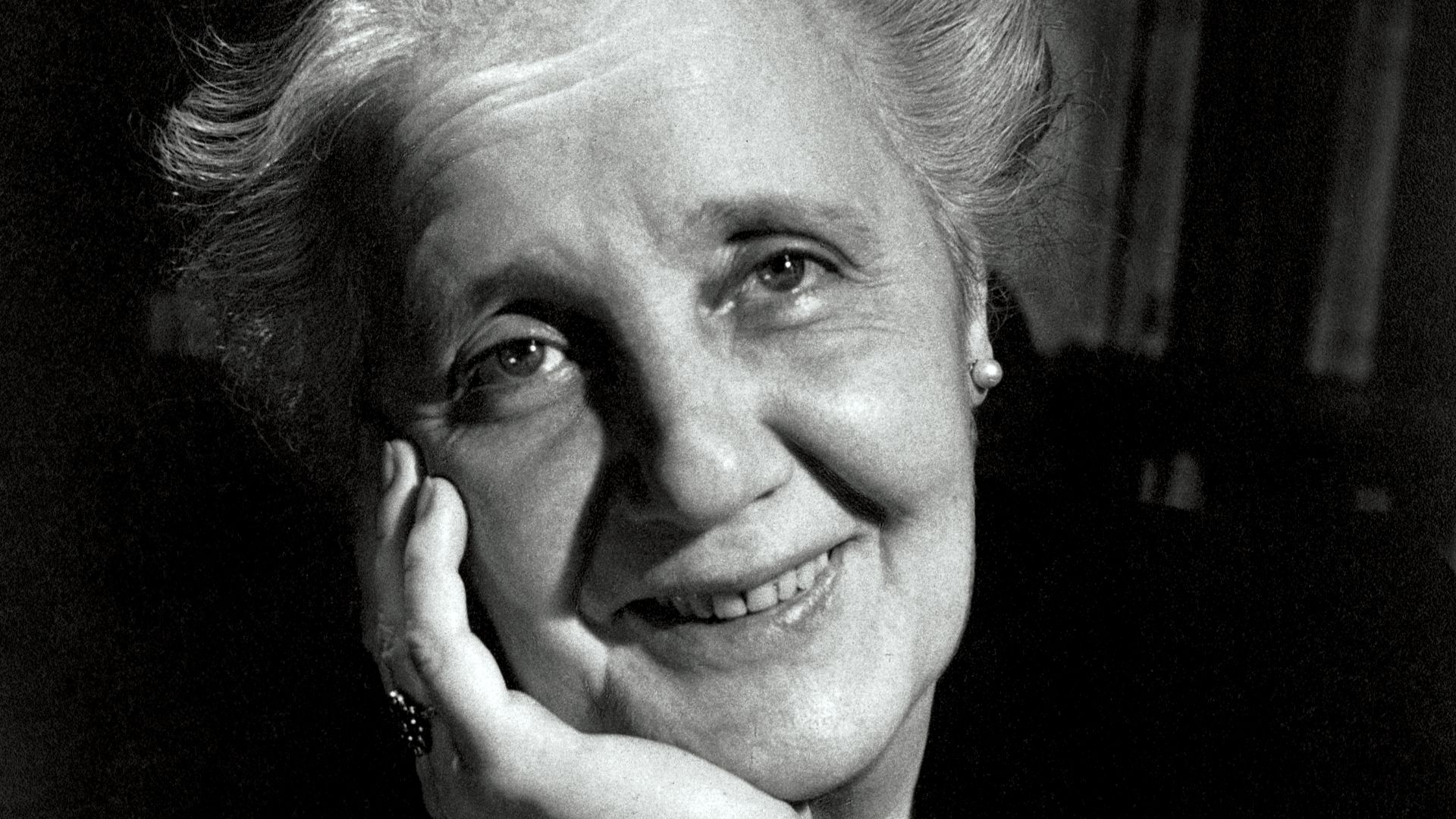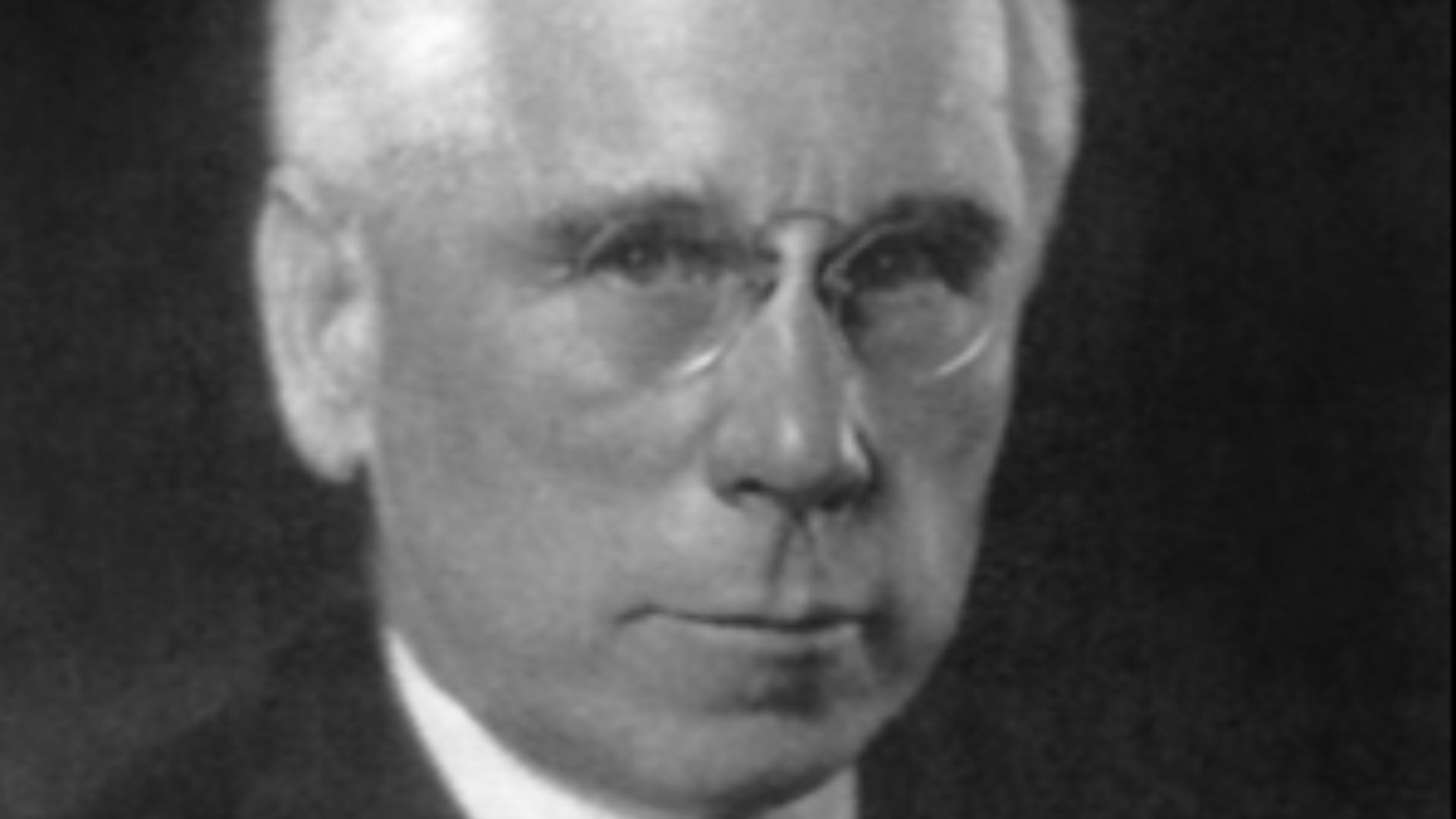Psychology’s Unsung Contributors
When you think of psychology, names like Sigmund Freud or B.F. Skinner might come to mind. However, the field is rich with lesser-known pioneers whose work quietly shaped the way we understand the human mind. This article uncovers the stories of 10 remarkable psychologists who, though not always in the spotlight, left a lasting impact on modern psychology.
1. Mary Whiton Calkins
Denied a Ph.D. due to her gender, Mary Whiton Calkins still left an indelible mark on psychology. In the late 1890s, she developed the paired-associate technique to study memory, a method still used today. As the first female president of the APA, her groundbreaking work in self-psychology was remarkable.
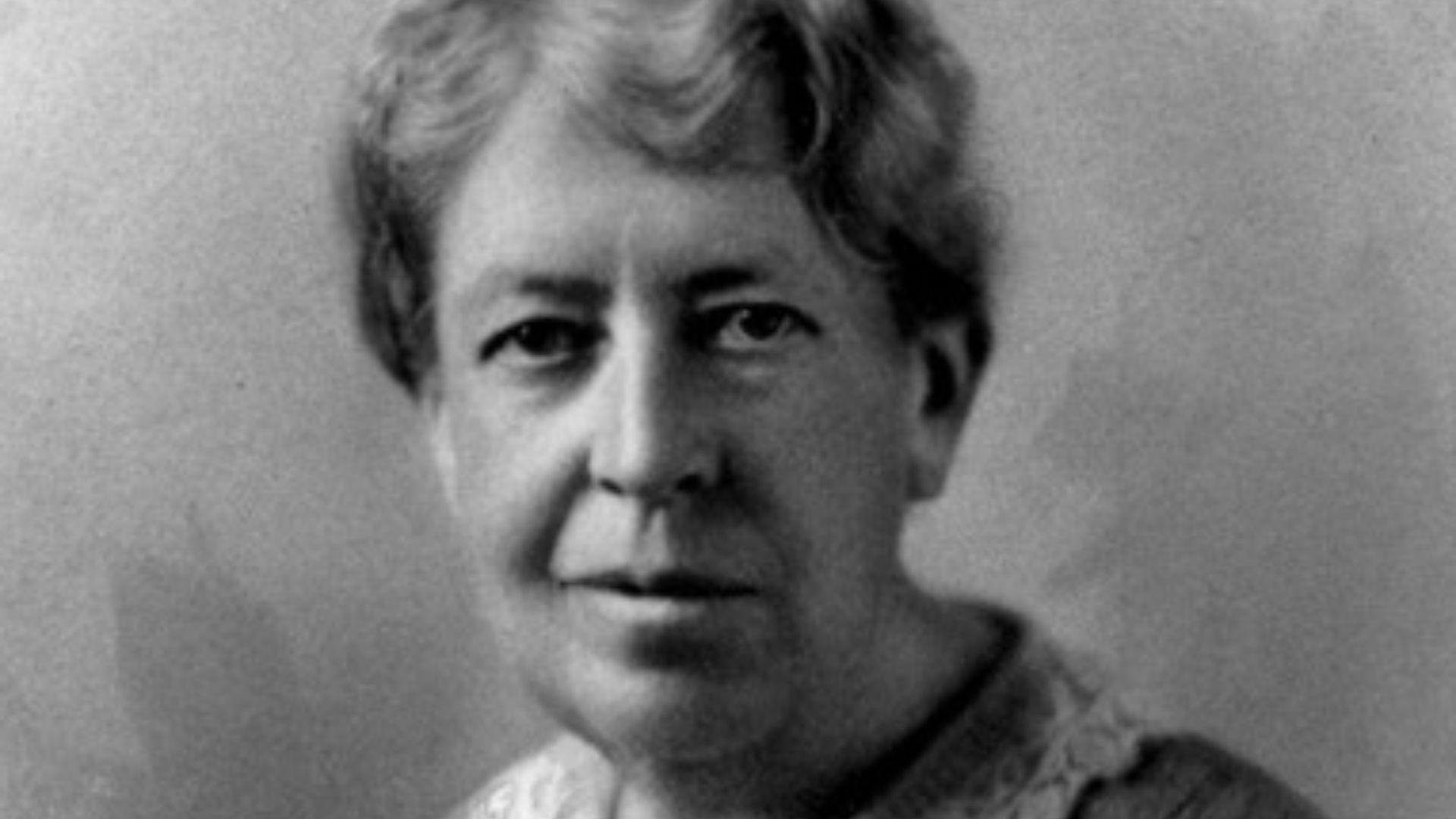 Notman Photography, Boston on Wikimedia
Notman Photography, Boston on Wikimedia
2. Franz Josef Gall
While his phrenology method has long been debunked, Gall’s work in understanding how different areas of the brain affect behavior was revolutionary. He’s often overlooked in discussions of neuroscience, yet his concepts of brain mapping and localization laid the groundwork for modern research into cognition and brain function.
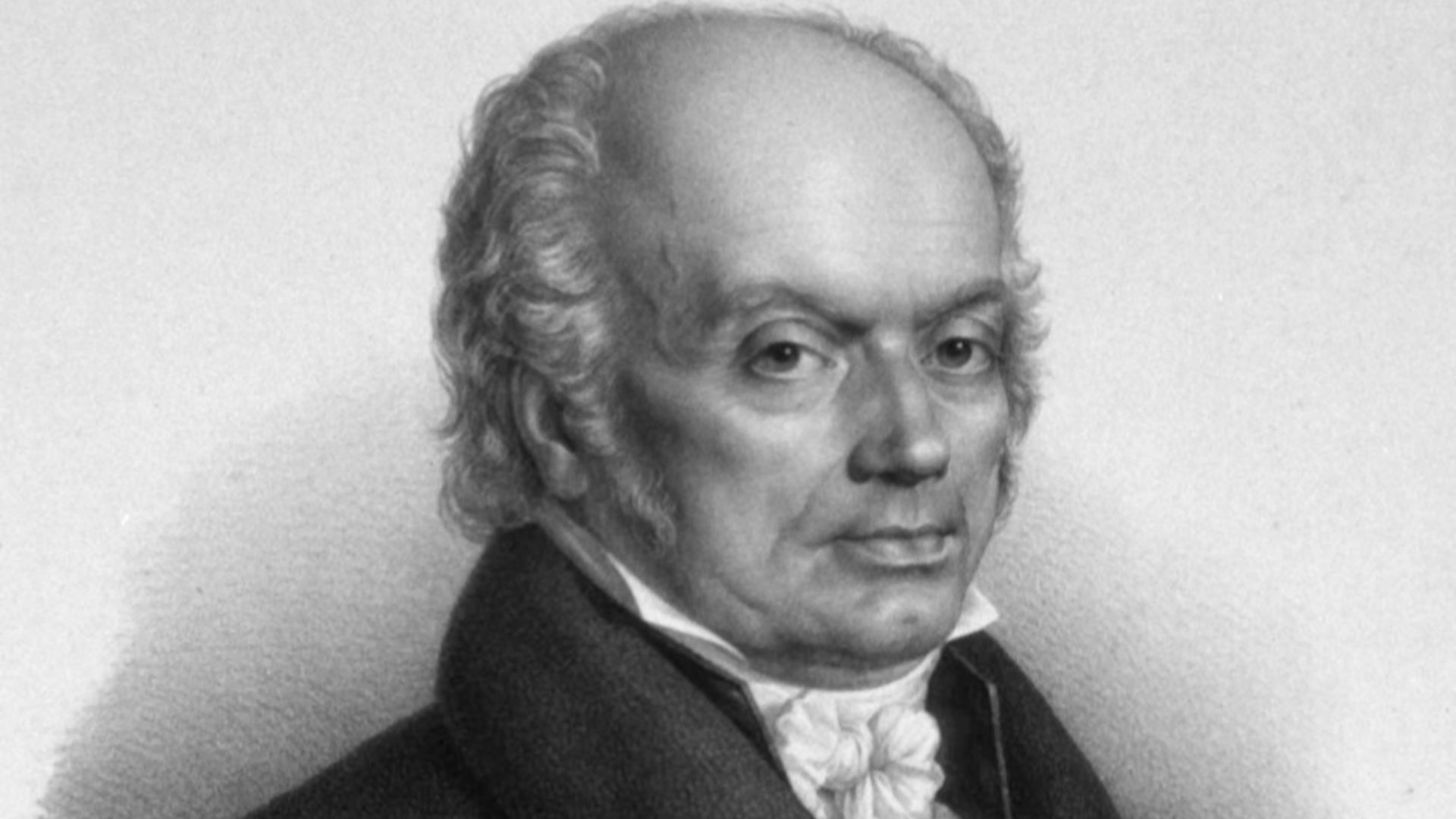 Zéphirin Félix Jean Marius Belliard (1798–), engraver Delpech (Paris) on Wikimedia
Zéphirin Félix Jean Marius Belliard (1798–), engraver Delpech (Paris) on Wikimedia
3. Gardner Murphy
Theories usually stick to one field, but Gardner Murphy didn’t. He introduced the biosocial approach, linking personality traits to both biology and environment. His work influenced how psychologists analyze human behavior by considering genetics, upbringing, and social contexts together, shaping modern personality studies.
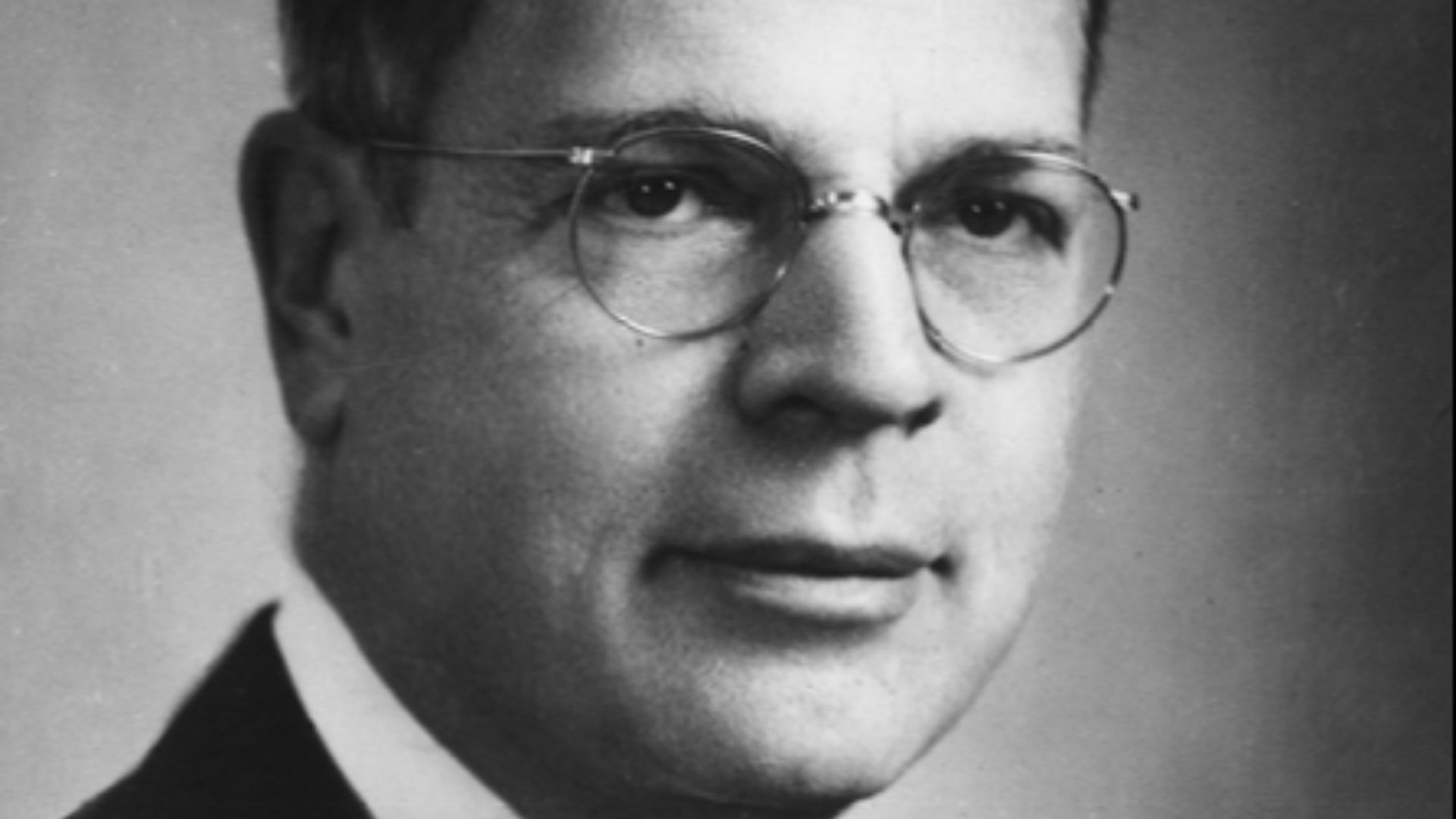 AnonymousUnknown author on Wikimedia
AnonymousUnknown author on Wikimedia
4. Elizabeth Loftus
Through groundbreaking studies, Loftus revealed how easily memories can be influenced by external suggestions. This discovery reshaped how courts view eyewitness accounts and exposed the fragility of human recollection. Despite its significance, this insight has yet to be fully integrated into legal and psychological practices.
 Memory Malleability, Dr. Elizabeth Loftus by Cincinnati Law
Memory Malleability, Dr. Elizabeth Loftus by Cincinnati Law
5. Kenneth and Mamie Clark
The African-American couple significantly shaped our understanding of racial identity. Their "Doll Test" showed how segregation harmed African-American children's self-esteem. The research influenced the 1954 Brown v. Board of Education ruling, leading to school desegregation and continuing to impact discussions on race today.
6. John B. Watson
Watson’s rejection of introspection led to a new, empirical approach focused on observable behavior. Despite his influence in founding behavior therapy, many overlook the lasting impact his work had on psychological practices, particularly in conditioning emotional responses, which is still foundational in modern therapeutic techniques.
7. Anna Freud
Anna Freud’s pioneering work not only established child psychoanalysis but also reshaped how therapists support emotional growth in children. She built on her father’s legacy by turning her attention to children’s mental health. In the 1920s, she uncovered how young minds develop defense mechanisms to manage stress.
8. Melanie Klein
Though highly regarded in psychoanalytic circles, Klein doesn’t receive the widespread recognition she deserves for revolutionizing child psychoanalysis. Her emphasis on play as a tool to understand unconscious thoughts and conflicts is underappreciated but has helped shape child therapy, particularly in treating emotional and behavioral disorders.
9. Lightner Witmer
Before 1896, clinics for psychological help didn’t exist. That year, Lightner Witmer opened the first clinic at the University of Pennsylvania, focusing on children with learning difficulties. Rather than just studying the issues, he worked to solve them. Today’s hands-on clinical psychology owes its start to his approach.
10. Gordon Allport
Gordon Allport revolutionized psychology by emphasizing individual traits as the core of personality. Unlike his peers, he focused on how these traits remain consistent across different situations. Though his insights laid the groundwork for modern personality assessments, his contributions often remain underappreciated.


